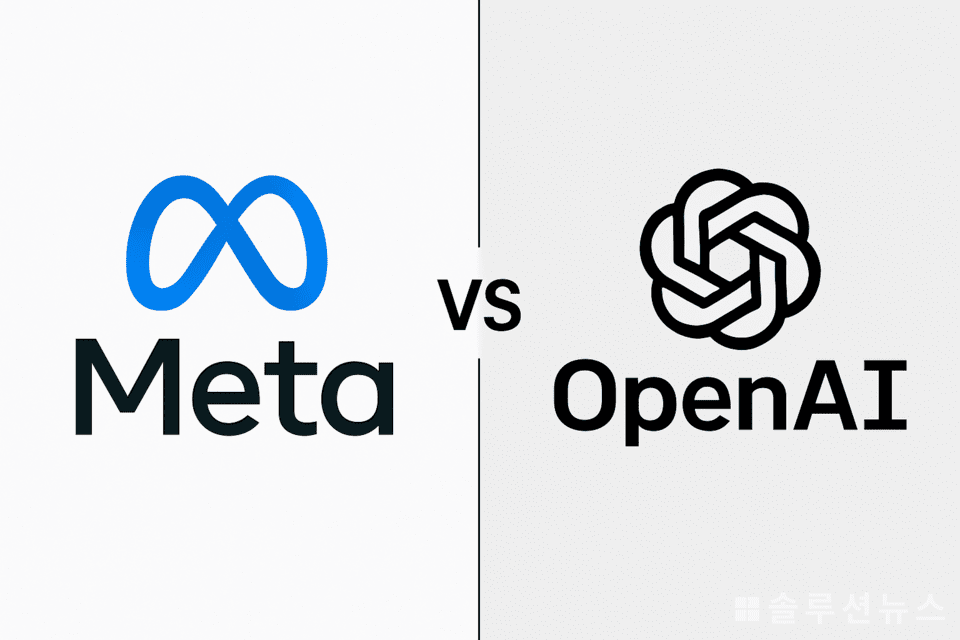Meta proposed a compensation package exceeding 100 million dollars (approximately 138 billion won) to core researchers in OpenAI in an attempt to recruit talent in the artificial intelligence (AI) field but failed to achieve results.
Sam Altman, CEO of OpenAI, revealed in a recent podcast, “Meta offered more than 100 million dollars in compensation to our team members, but so far, none of our core talent have accepted the offer.” He added, “Our team believes that OpenAI is more likely to achieve AGI (Artificial General Intelligence).”
Meta recently established a dedicated organization called the “Superintelligence Lab” and is aggressively pursuing recruitment strategies. This move is led directly by Meta CEO Mark Zuckerberg, and they recruited Alexander Wang, the founder of AI research firm Scale AI, as the head. Meta invested 14.8 billion dollars to secure a 49% stake in Scale AI.
Zuckerberg is accelerating the hiring process by offering job proposals without spot interviews, providing more than 100 million dollars in salary and stock options to top talent. However, recruitment attempts of key talents from OpenAI and Google DeepMind, such as OpenAI’s senior researcher Noam Brown and Google’s AI architect Koray Kavukcuoglu, have reportedly failed.

This movement by Meta stems from the perception that it has fallen behind its competitors in the AI field. In reality, OpenAI and Google offer compensation reaching up to 10 million dollars and 5 million dollars respectively to AI researchers, while Meta maintains a relatively low compensation level.
On the other hand, OpenAI is also facing issues of talent outflow. Recently, key personnel, including co-founder John Schulman, have moved to competitors like Anthropic, and their overall talent retention rate remains at 67%, which is lower compared to Anthropic’s 80%. The hiring ratio for research positions has decreased from 23% in 2021 to 4% this year.
Industry experts point out that OpenAI needs to reinforce competitive compensation structures, stable research environments, and career development opportunities to retain its core talent. Companies like Microsoft and Salesforce are actively engaging in AI talent acquisition.
In the same podcast, Altman revealed that OpenAI is internally considering the development of an AI-based social media service. While Meta operates a social platform incorporating its own AI chatbot, there have been instances where some users experienced confusion, indicating a need for improvement.
Whether AI-based social platforms will become mainstream remains uncertain. However, competition among big tech companies regarding the lead in AI research is likely to continue for the foreseeable future.